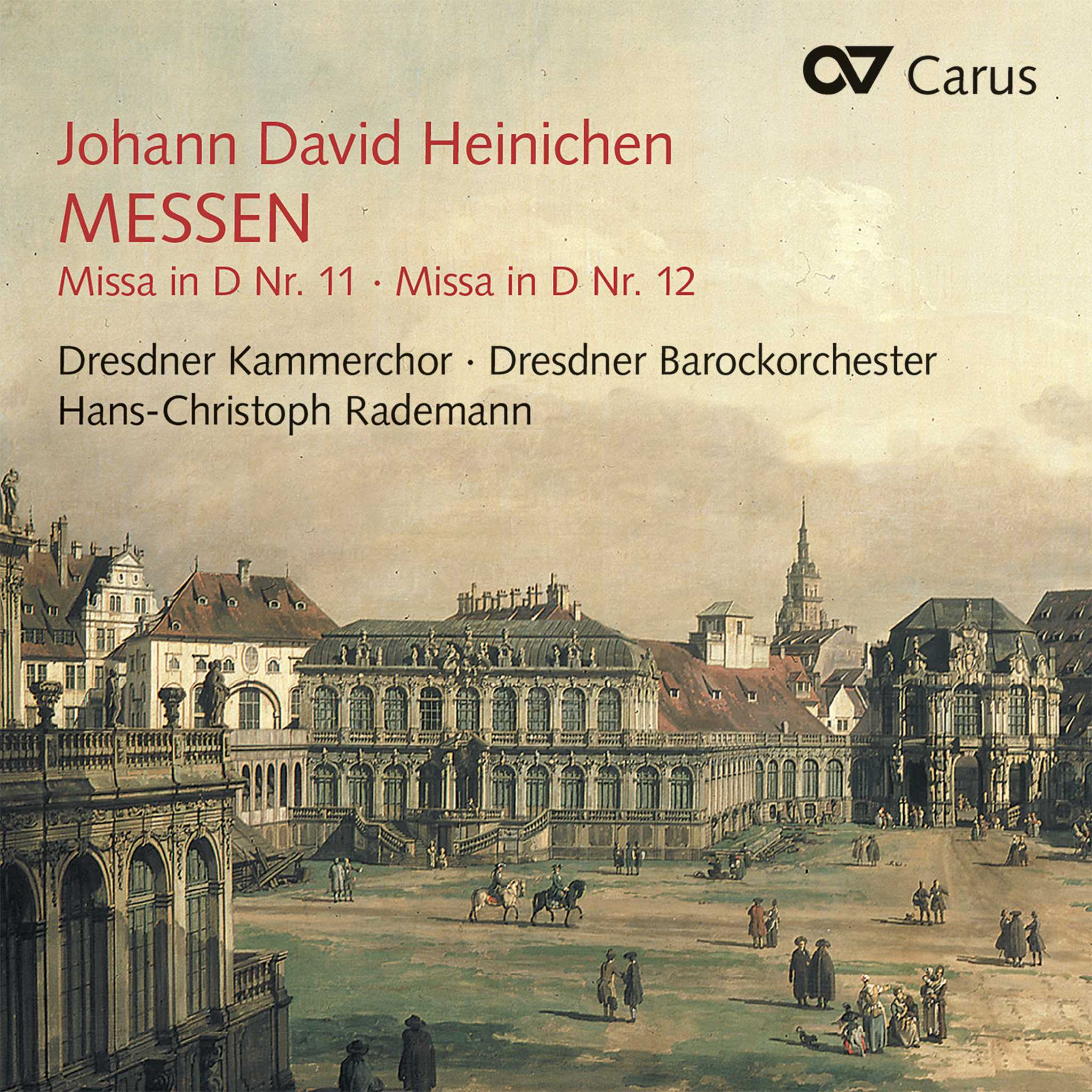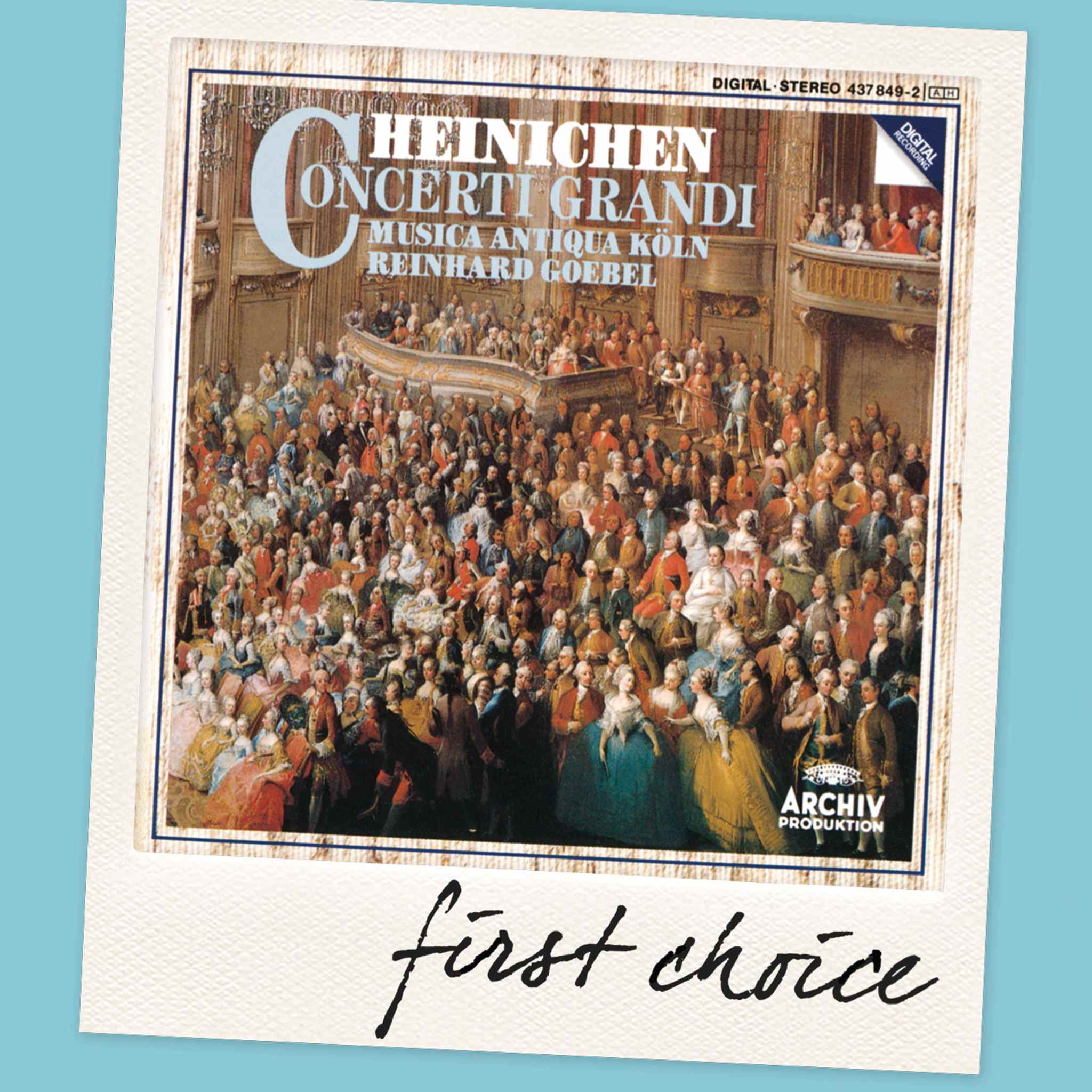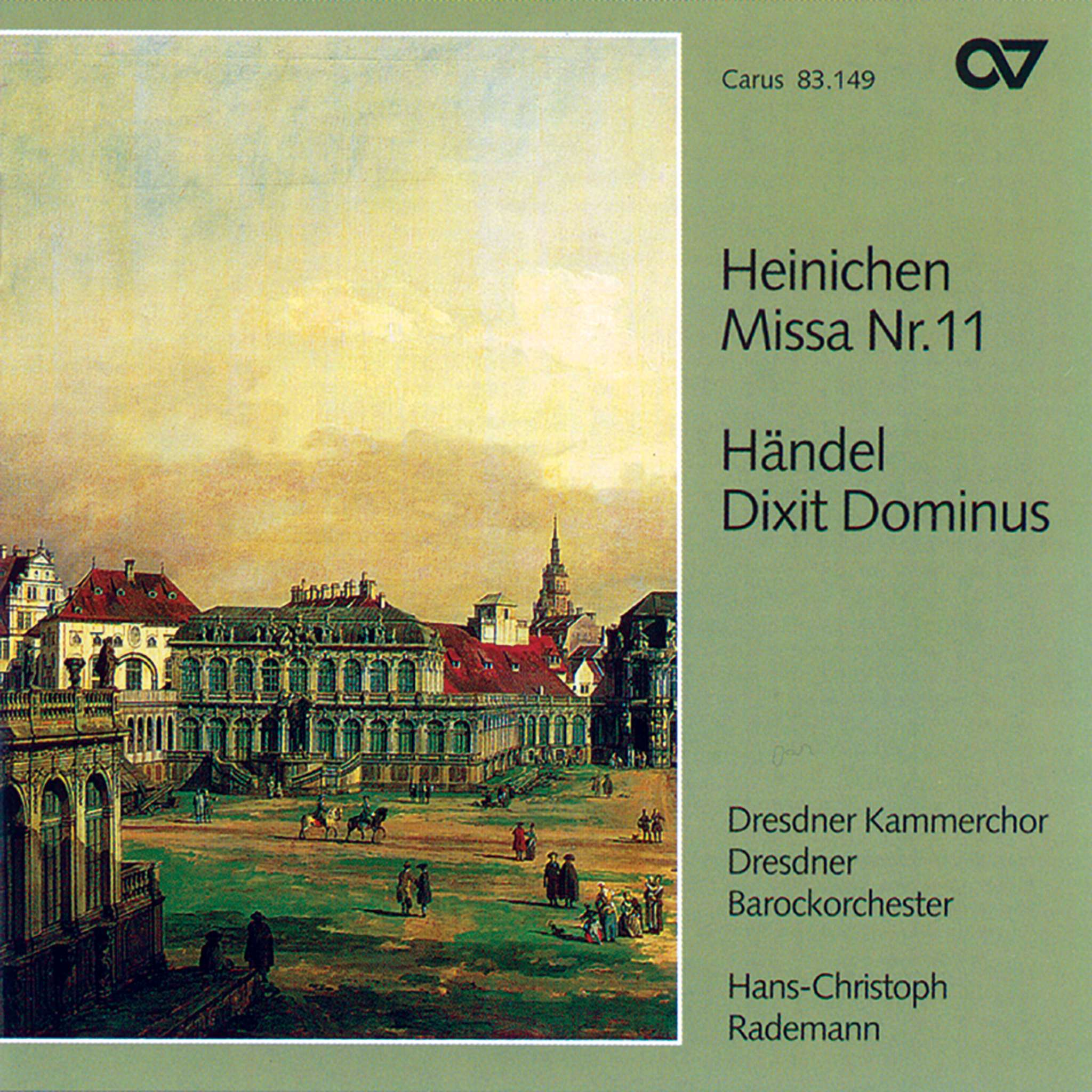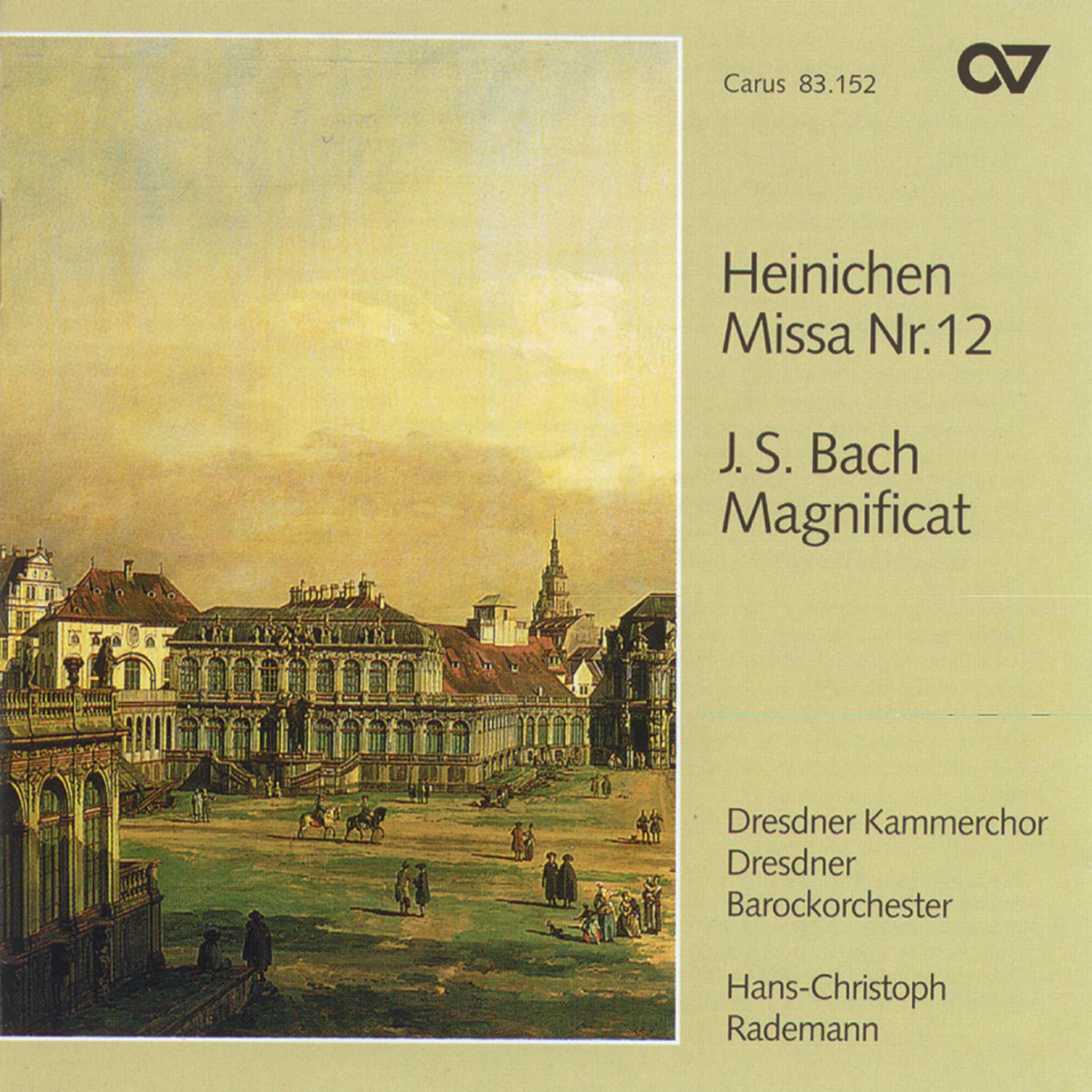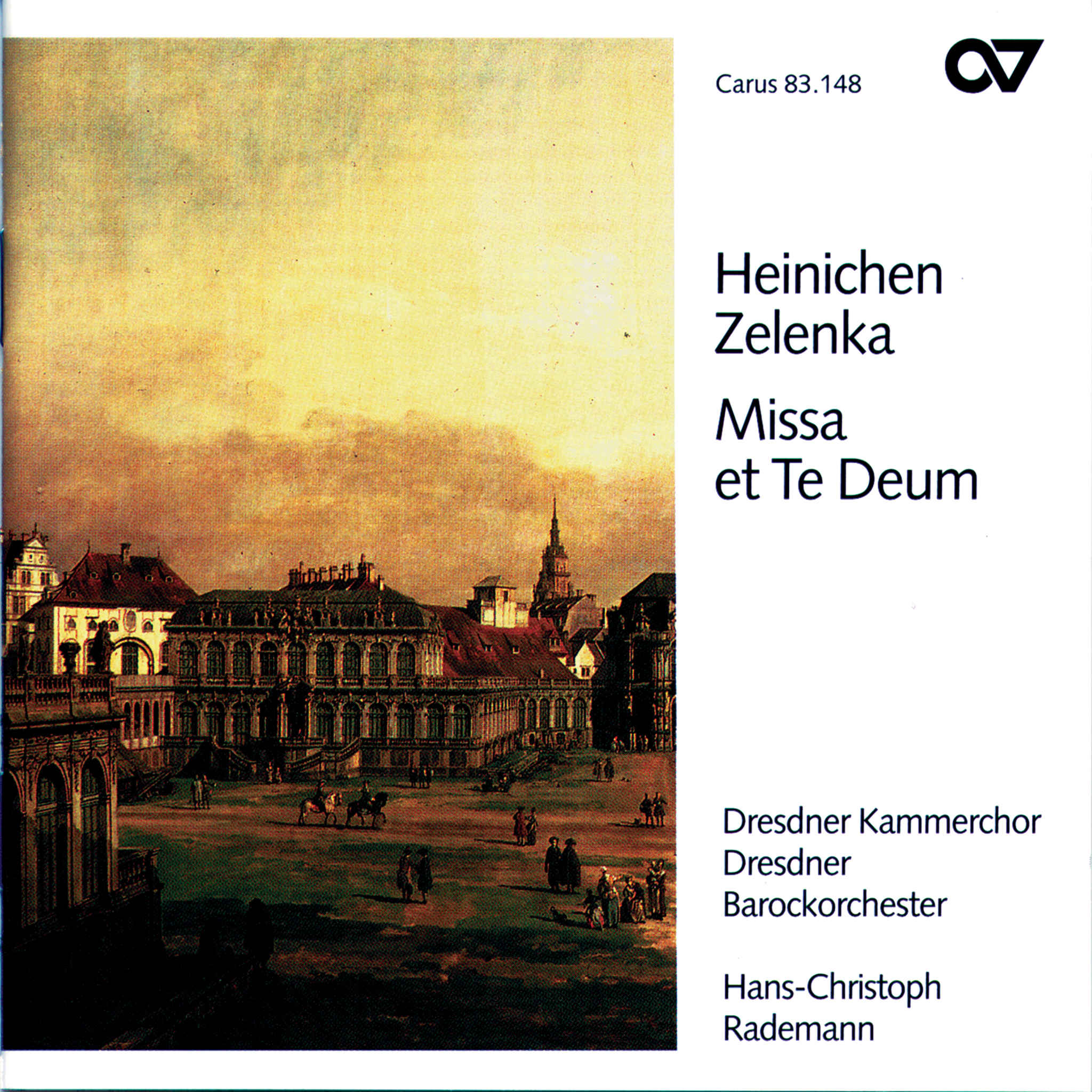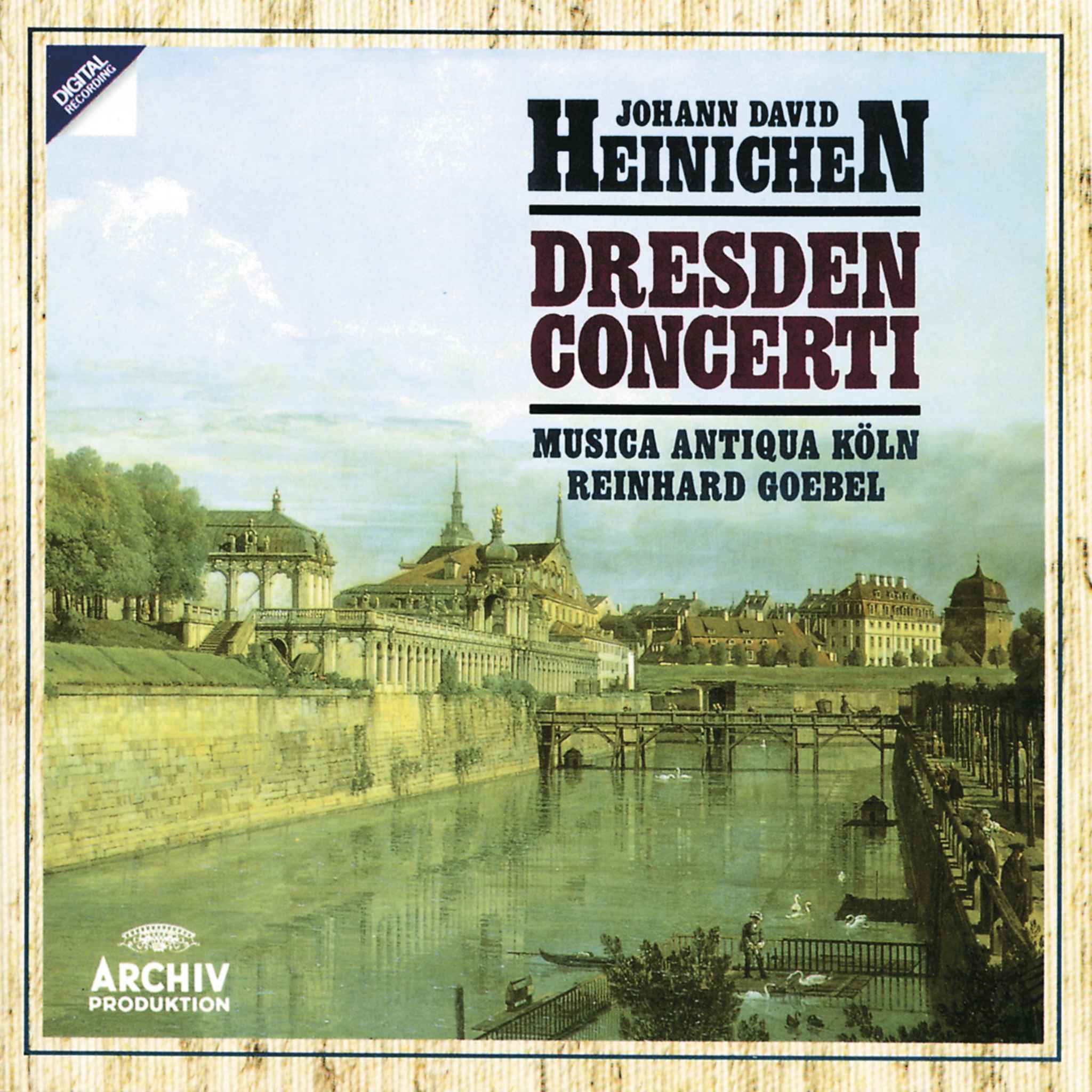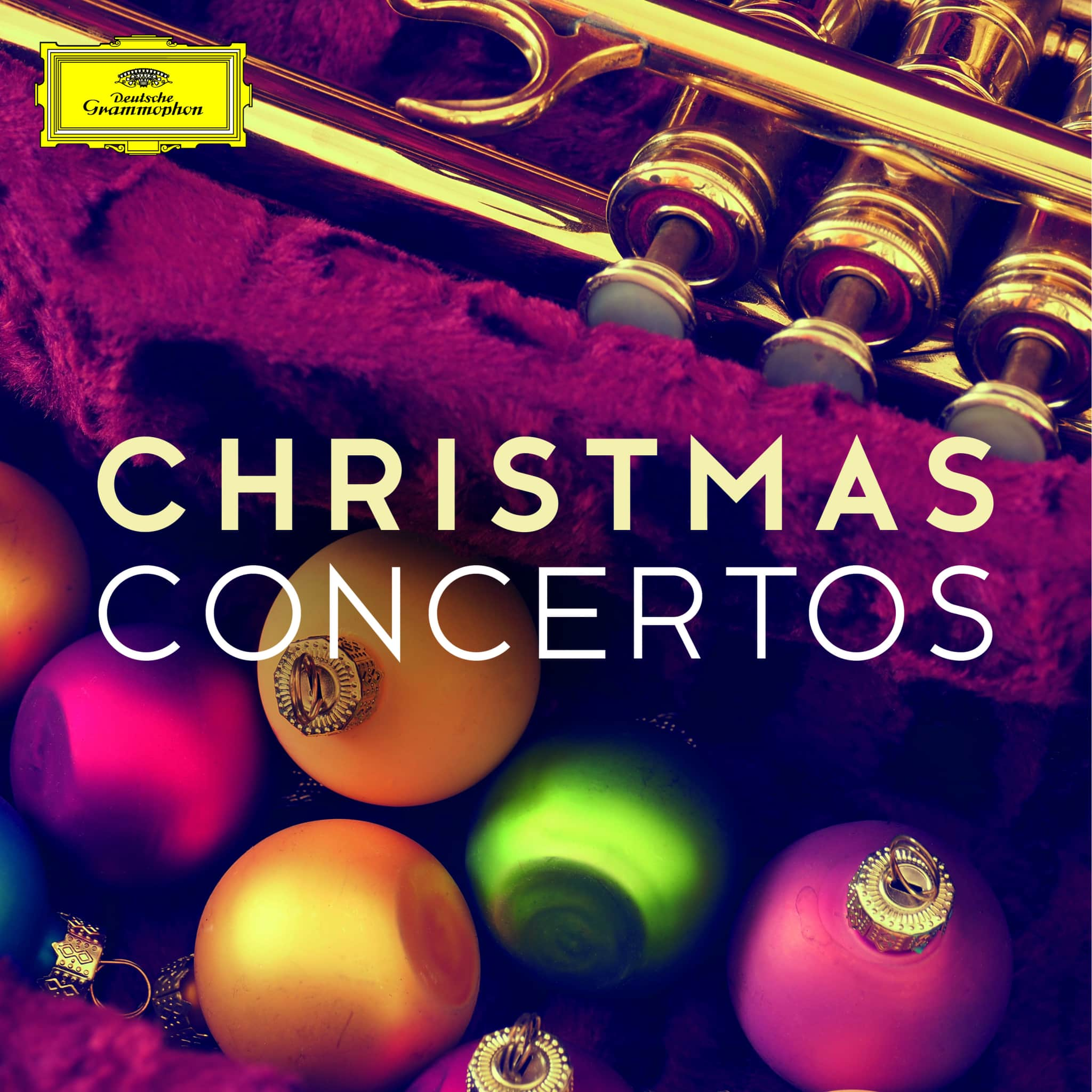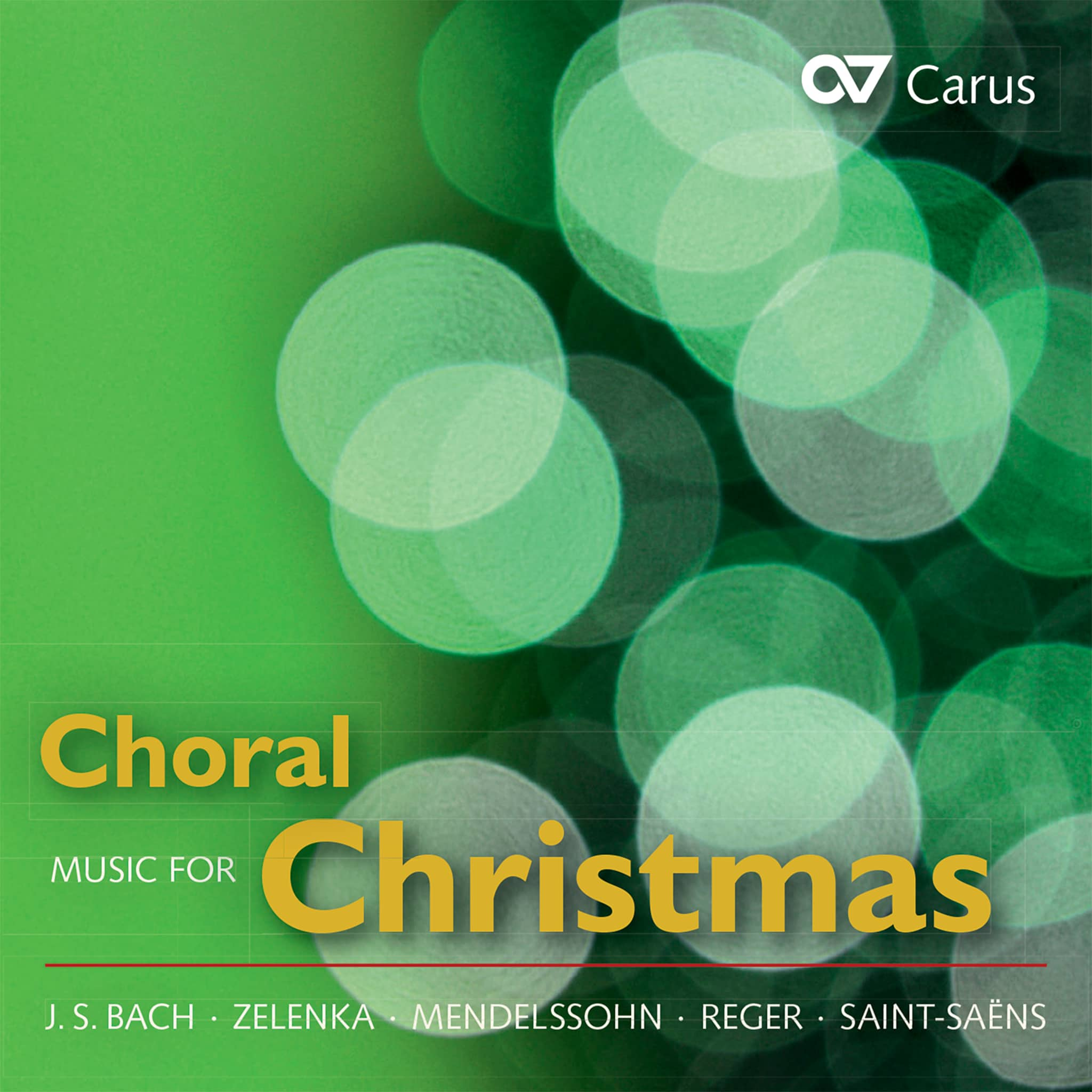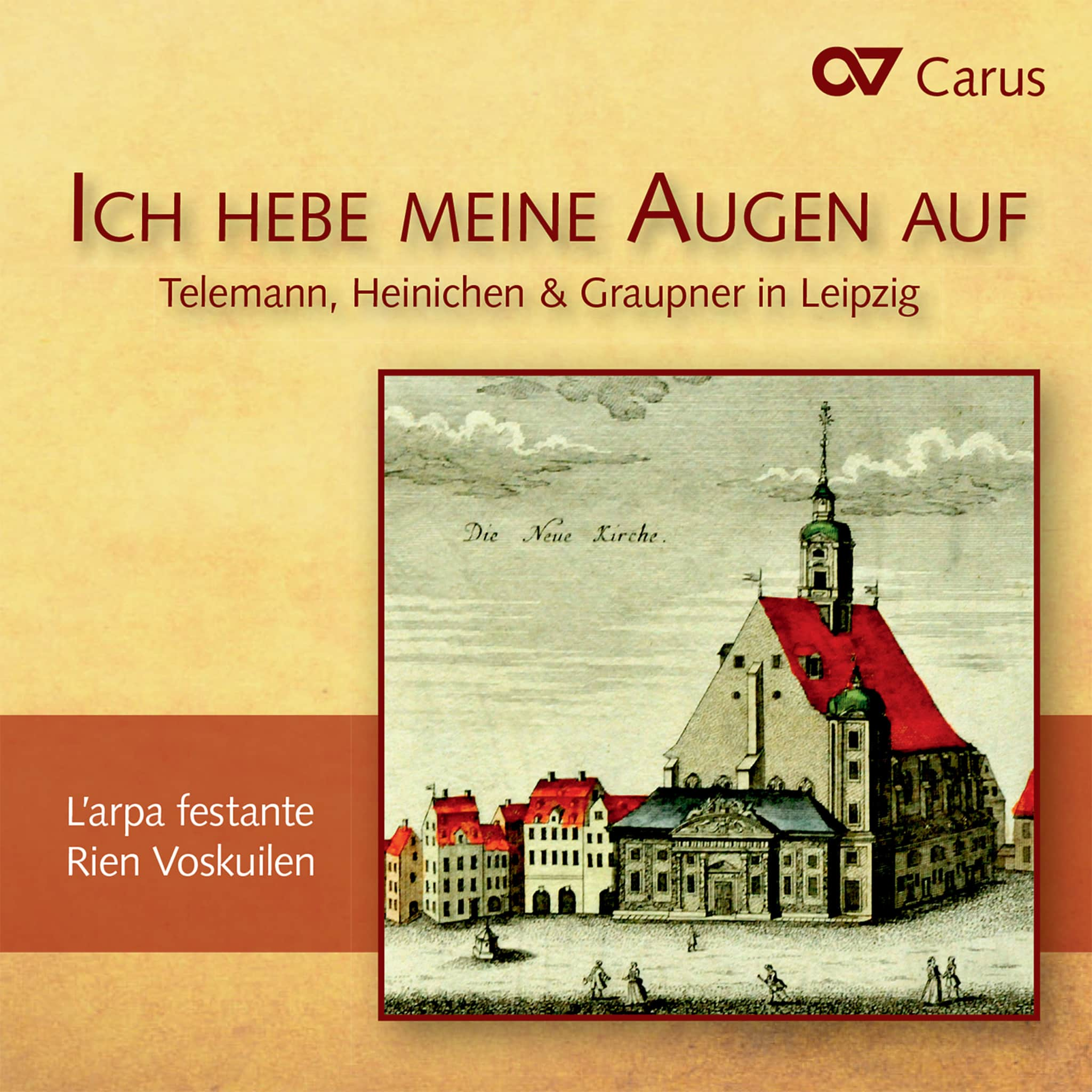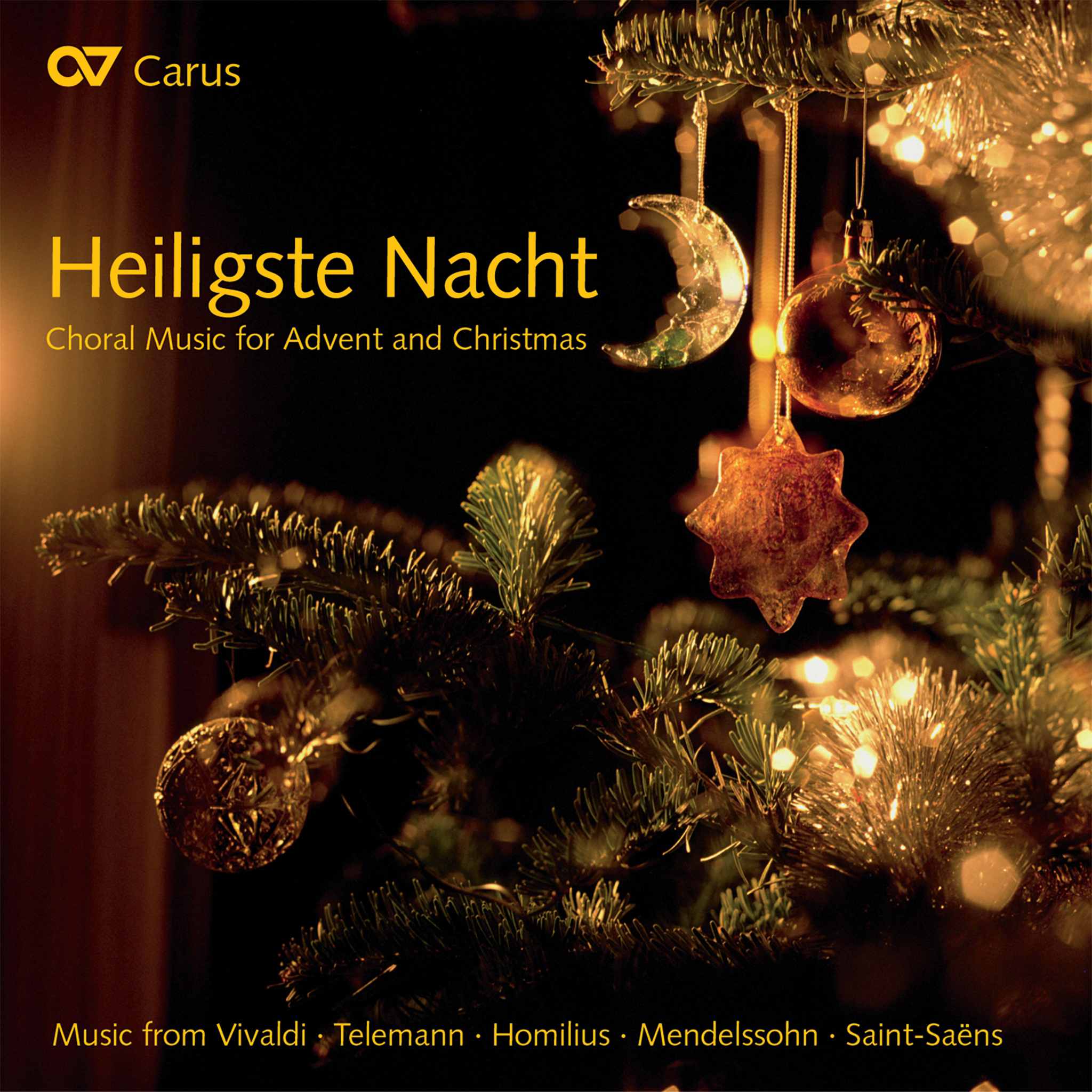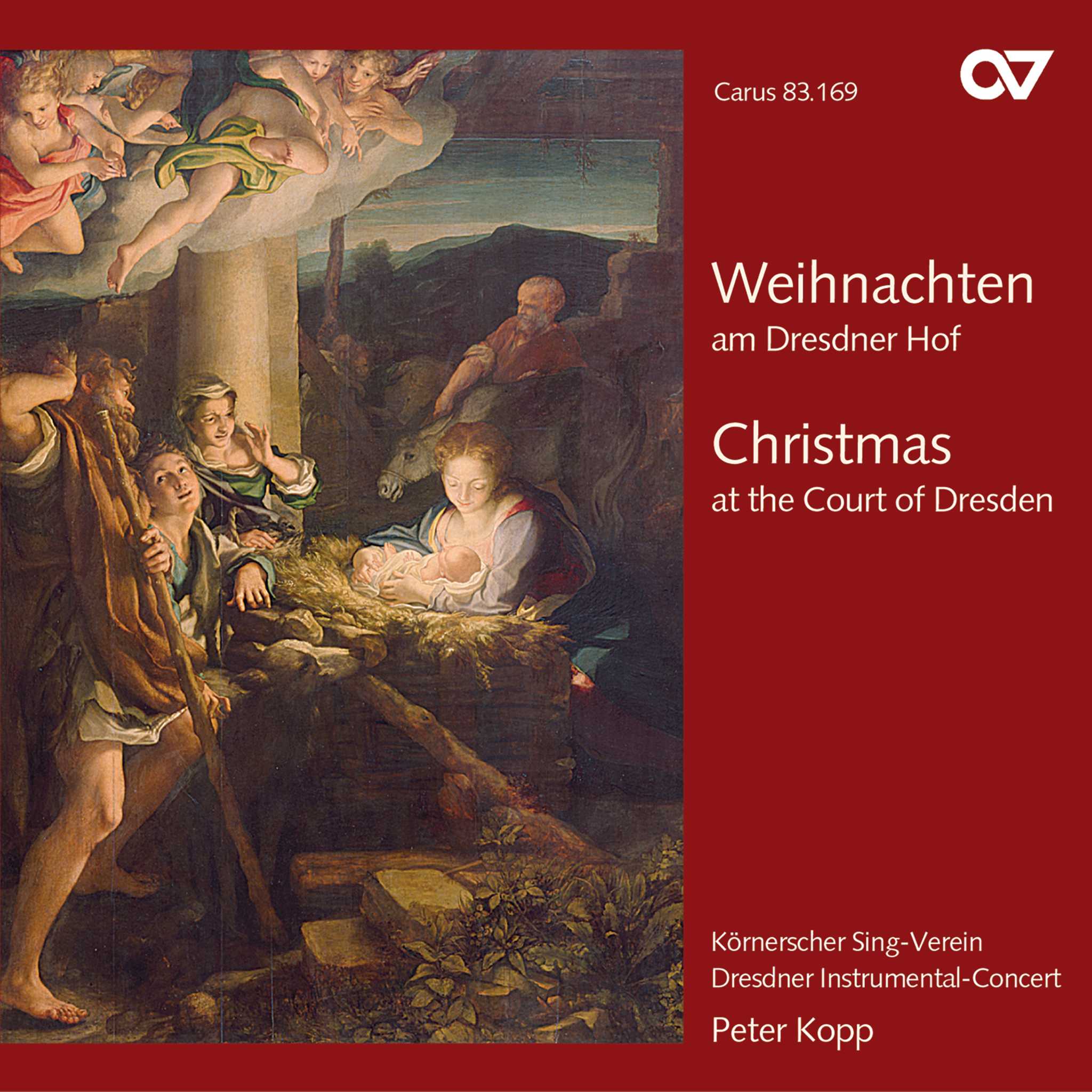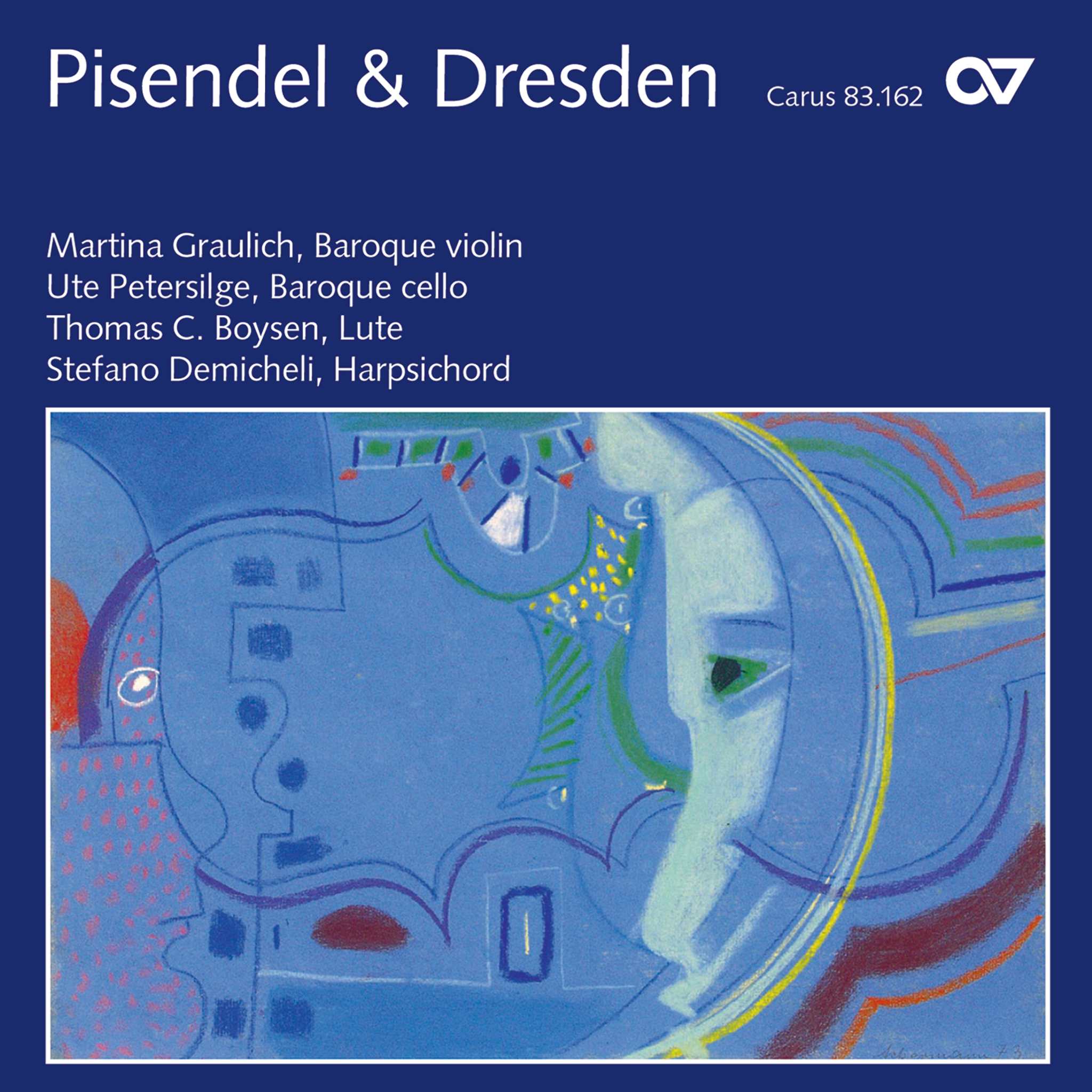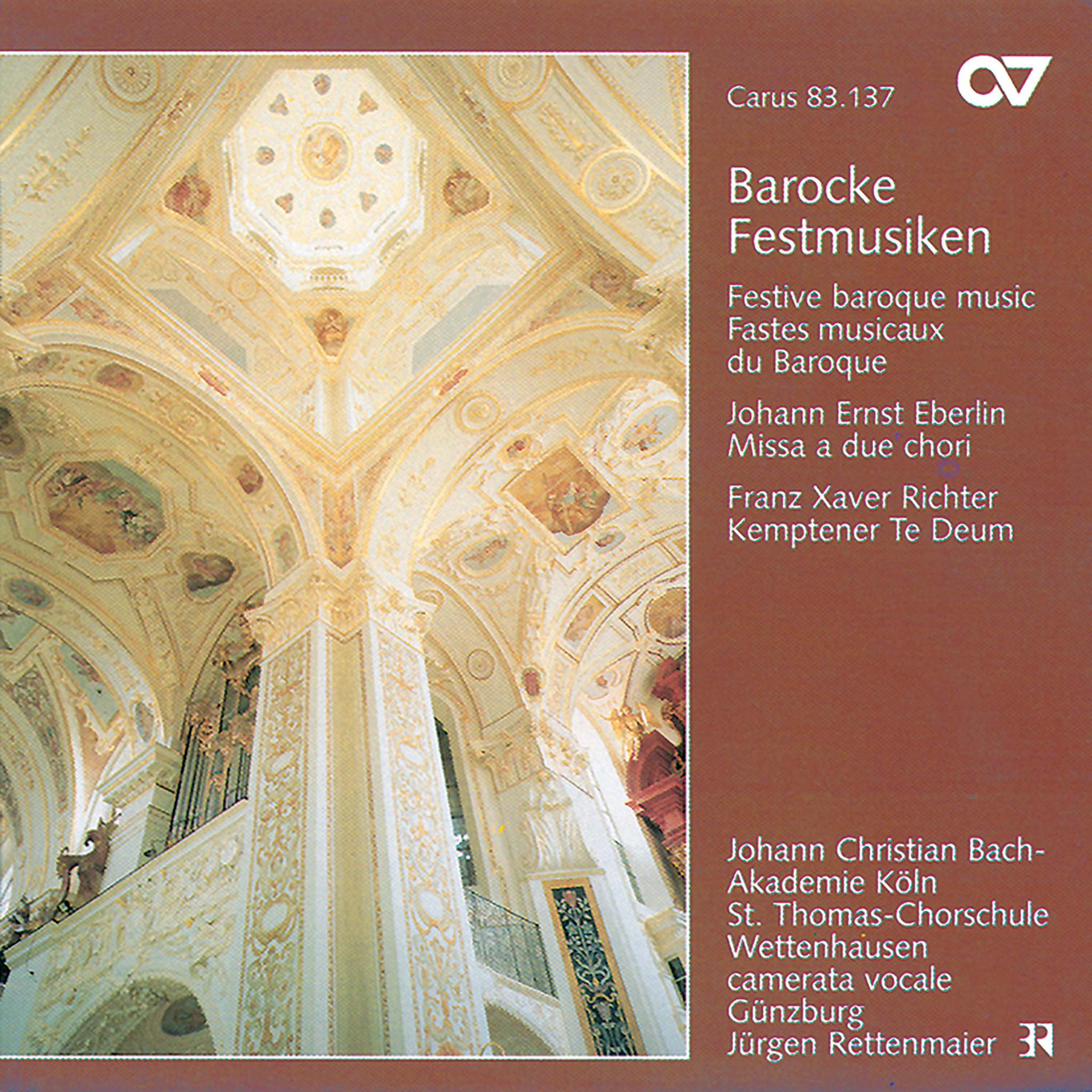Exploring the Unpublished Treasures Crafted by Johann David Heinichen
The fascinating world of Baroque music would be incomplete without mentioning the pivotal role played by Johann David Heinichen. A contemporary of music legends like Bach and Telemann, Heinichen, however, was not just a talented composer. He first pursued a career in law, practicing for several years before tracing back to his initial love for music, a journey that began during his time at St Thomas's in Leipzig in the late 17th century.
Delving into the Rich Musical Legacy of 18th Century Genius Heinichen and his Influence on the Classical Style
Some speculation exists about a transformative journey to Italy in 1710. Claims suggest that a supposed meeting with another maestro, Antonio Vivaldi, may have served as the clincher that led Heinichen to choose the path of music. Though the encounter cannot be substantiated, there's no denying Heinichen's operas later found the spotlight on Venice's top-notch theater stages.
In a significant career boost, Heinichen was appointed Kapellmeister at the esteemed Dresden court in 1716. A role he held until his last days, it provided him with favorable conditions that he enthusiastically leveraged.
Heinichen's contributions to Baroque music are substantial. Despite none of his 250 works being published in his lifetime, they reveal a unique musical language marked by robust technique coupled with a boundless creative spirit. Not merely content with composing, Heinichen also predicted the Classical style that would dominate the latter half of the 18th century.
Moreover, his influence extended beyond composing. Heinichen penned a significant treatise on composition named "Der General-Bass in der Composition". His insightful writing on music composition made ripples in the musical sphere and was highly influential during his era.
A versatile Baroque composer bridging eras
Born in Crössuln, near Weissenfels, Heinichen showed early musical promise at St. Thomas’s School in Leipzig, where he studied under Johann Schelle and Johann Kuhnau, alongside future luminaries like Christoph Graupner. After initially pursuing law—a common parallel path for composers of his era—he practiced as a lawyer before fully returning to music.
Italian Influence and Venetian Success
Heinichen’s experience in Italy profoundly impacted his compositional style. While there is speculation about a formative meeting with Antonio Vivaldi, there is no definitive evidence of their encounter. However, several of Heinichen's operas were staged at major Venetian theatres, affirming his reputation in the Italian musical world.
Kapellmeister at Dresden and Musical Innovations
In 1716, Heinichen was appointed Kapellmeister at the Dresden court of Augustus the Strong, where he remained until his death. This prestigious post provided him with exceptional artistic resources, including the renowned Dresden Hofkapelle—at the time, one of Europe’s most virtuosic orchestras. Heinichen’s compositions for Dresden are remarkable for their innovative blending of French, Italian, and German styles, and for their rich orchestral textures, energetic rhythms, and imaginative sonorities.
